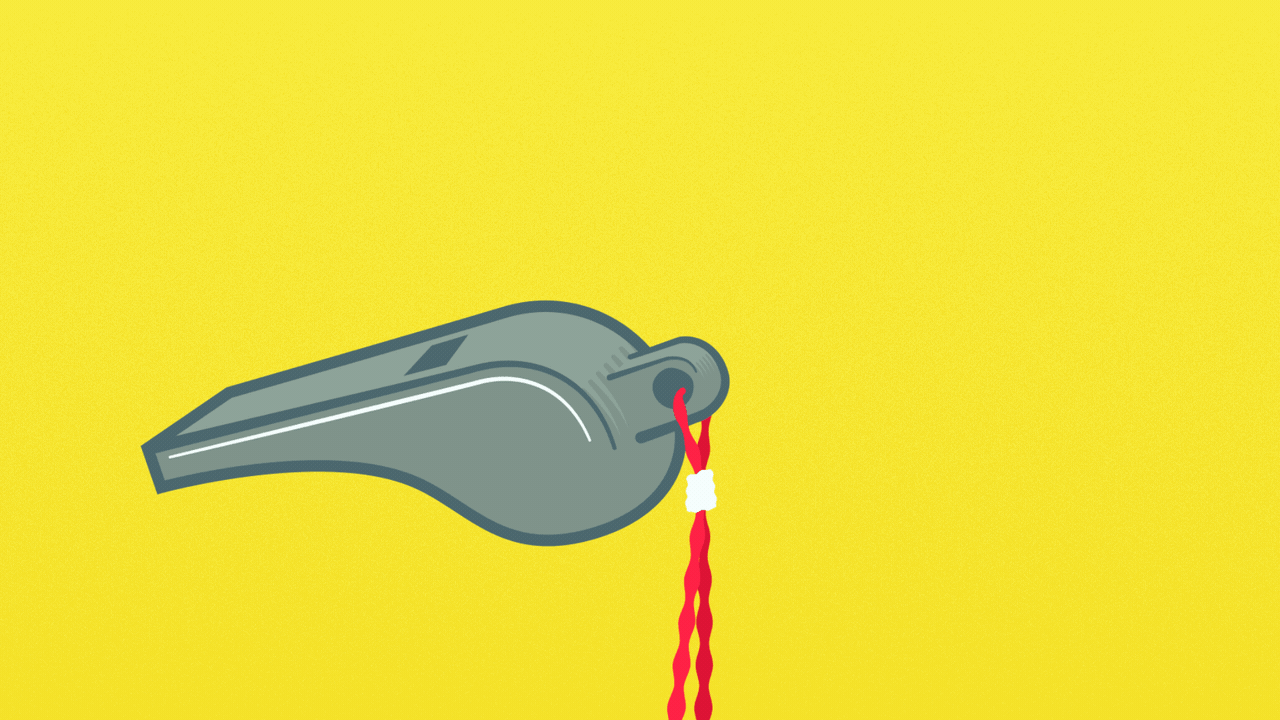The burgeoning intersection of professional sports and legalized gambling has ignited a fervent debate, challenging the very foundation of game integrity. What was once a shunned practice by major leagues has rapidly transformed into a multi-billion-dollar industry, yet this embrace now confronts a potentially costly reality: with widespread betting comes heightened scrutiny and the specter of manipulation.
For decades, major sports organizations steadfastly resisted any association with betting, primarily out of concern for the purity and honesty of competition. However, the landscape dramatically shifted following the 2018 Supreme Court decision that lifted the federal ban on sports betting. This ruling paved the way for over half of U.S. states to legalize the practice, ushering in a new era of significant financial gains for leagues, players, media, and state governments alike, driven by an estimated $150 billion in legal wagers in 2024 alone.
Yet, this era of unprecedented revenue growth is shadowed by an increasing “threat level” to the games themselves. The pervasive accessibility of mobile betting platforms has unfortunately fostered an environment ripe for suspicion, where allegations of players conspiring with gamblers to influence outcomes are no longer theoretical. Recent high-profile investigations underscore this alarming trend, compelling leagues to confront these integrity challenges head-on.
Major League Baseball, in particular, finds itself at the epicenter of this controversy. Star relief pitcher Emmanuel Clase of the Cleveland Guardians was recently placed on non-disciplinary paid leave, pending an ongoing league investigation into sports betting. This marks the second Guardians pitcher this year, alongside starter Luis Ortiz, to face such scrutiny, signaling a wider issue that MLB is diligently working to address to preserve the game’s reputation.
The basketball world has also grappled with its own dramatic illustration of these concerns. Former NBA player Jontay Porter faced a lifetime ban from the league after being accused of divulging confidential health information to a bettor and then deliberately limiting his participation in a game. Porter subsequently pleaded guilty to wire fraud, a stark reminder of the severe repercussions when the line between player and gambler blurs and integrity is compromised.
The paramount risk for professional sports leagues is a critical erosion of fan trust. As Erik Gordon, a business professor at the University of Michigan, aptly puts it, no major sports league desires to be perceived like “staged television wrestling.” A loss of public confidence in the authenticity of competition directly threatens viewership, merchandise sales, and ticket revenue, fundamentally jeopardizing the financial health and cultural standing of these beloved pastimes.
In response to these escalating integrity issues, state policymakers are actively considering legislative countermeasures. New Jersey, a significant hub for sports gambling, recently saw the introduction of a bill aimed at prohibiting “microbets”—live wagers on individual plays, such as balls and strikes in baseball. This proposed regulation highlights a growing consensus among lawmakers and experts like gaming law expert Stephen Piepgrass for increased oversight in the burgeoning sports betting ecosystem.
However, the path to effective regulation is fraught with complexities. Industry consultant Dustin Gouker points out that while regulated sportsbooks make it easier to detect irregular activity compared to illicit offshore apps, an overly restrictive approach—like banning many in-game bets—could inadvertently push consumers back to unregulated markets. The challenge lies in striking a delicate balance that maintains game integrity without undermining the legal betting industry’s ability to operate responsibly.
Ultimately, the human element remains a crucial factor. Despite being highly compensated, professional athletes are just as vulnerable to the pitfalls of problem gambling as the general public, as noted by Richard Daynard of the Public Health Advocacy Institute. The immense temptations inherent in sports betting mean that even those at the pinnacle of athletic achievement can fall prey, making the integrity of games a truly pressing and evolving concern for all stakeholders involved.






Leave a Reply